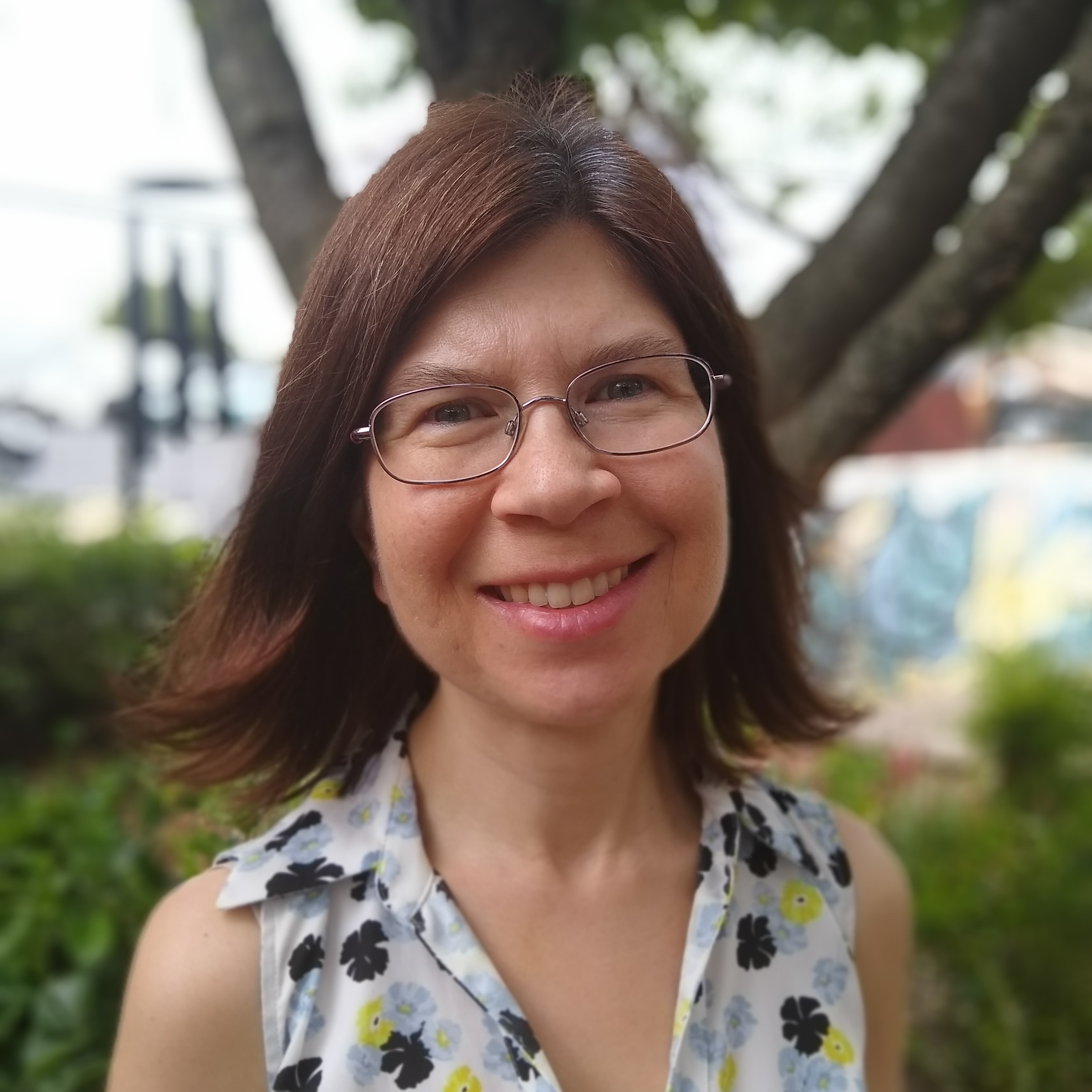Amazon Synod: Extractive Industries
The Special Assembly of the Synod of Bishops for the Pan-Amazonian Region is scheduled to take place in Rome from October 6-27 on the theme, “Amazonia: new paths for the Church and for an integral ecology.” Extractive industries are a probable major topic at the meeting.
The Special Assembly of the Synod of Bishops for the Pan-Amazonian Region is scheduled to take place in Rome from October 6-27 on the theme, “Amazonia: new paths for the Church and for an integral ecology.” Extractive industries are a probable major topic at the meeting. The following article appeared in the September-October 2019 issue of NewsNotes.
The fires burning in the Amazon give new urgency to the coming Synod. It is scheduled to meet in Rome from October 6-27. Pope Francis announced in 2017 that the Synod in 2019 would work “to identify new paths for the evangelization of God’s people in that region,” specifically the indigenous peoples who are experiencing the destruction and exploitation of their natural environment and live “often forgotten and without the prospect of a serene future.” The Amazon, roughly the size of the 48 contiguous United States, with a population of 2.8 million divided among approximately 400 tribes, includes parts of Bolivia, Brazil, Colombia, Ecuador, French Guiana, Guyana, Peru, Venezuela, and Surinam, all countries where most of the population is Roman Catholic.
In preparation for the Synod, the Maryknoll Office for Global Concerns has launched a series of two-page bulletins called One Amazon, Many Voices which examine topics to be discussed at the Synod and their connections to the lived experiences of Maryknollers. The first issue examines the wisdom that indigenous peoples offer regarding right relationship with the earth. The second issue examines the biodiversity of the Amazon and the threats to it posed by various industries taking over land in the Amazon. The third issue focuses on the prevalence of extractive industries in the Amazon, which remove raw materials from the earth, detailing the harm these industries cause and the need to promote a culture of life in the region. The text from the third issue, just published, is included below.
Extractive Industries and the Culture of Death
Ecology, community life, and spirituality are intimately woven together in the Amazon. This interrelationship is at the heart of the Amazonian-Andean ethos, buen vivir (good living). All three of these aspects of indigenous life in the Amazon face threats from extractive industries, large scale development projects such as hydroelectric dams, road construction, mines, legal and illegal logging, commodification of water and forests, and even conservation projects such as programs to prevent deforestation.
The exploitation of Earth and indigenous communities living on land with natural resource wealth is not new. It goes back as far as colonization.
Pope Francis has apologized for the role the Church has played in oppressing native peoples and opening the door to extractive industries, such as rubber and mining companies, in the Americas. The Synod’s working document, “The Amazon: New Paths for the Church and for Integral Ecology,” recognizes this historical sin and offers a new role for the Church in the Amazon region – a role of accompaniment, intercultural relationships, and active listening to defend life and all creation. Some bishops, priests, sisters, and laity, including Maryknoll missioners, already embody this spirit of mission. Some have even paid with their own lives.
REPAM (Pan-Amazon Ecclesial Network) conducted a thorough consultation process with people of the Amazon in religious life, indigenous communities and other forest-dependent communities for the Synod. Respondents named threats to their territory from extractive industries as a top concern. The threats include environmental contamination, forced displacement and migration, sexual exploitation, human and drug trafficking, and resource revenue corruption – all ways extractive industries often impoverish communities that once lived abundantly on the blessed gifts of the forests.
Indigenous leaders who dare to speak out are often criminalized and sometimes assassinated. The report “Enemies of the State?” by the organization Global Witness found that, in 2018, on average, three environmental or land defenders were murdered each week. Two Amazonian countries, Colombia and Brazil, are named among the top four most dangerous countries in the world to be a defender. The Philippines is number one.
The working document for the Synod also brings attention to the plight of communities living in voluntary isolation, of which it estimates there are 110-130. As governments have weakened protections, these hidden indigenous peoples – especially the women – have been left vulnerable to violence from drug traffickers and workers associated with the industry.
The Synod calls us to defend life by opposing a throwaway culture, the idolatry of money, exploitation and oppression – a culture of death. To defend life is to defend nature’s gifts, the culture of local people, and their right to be heard. This is the new call to mission: a path toward integration with the abundance of life.
Find our two-page bulletins on the Synod on the Amazon at: http://bit.ly/OAMV2019

